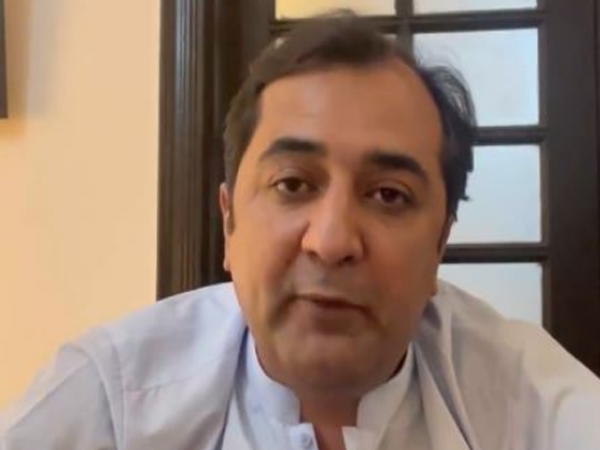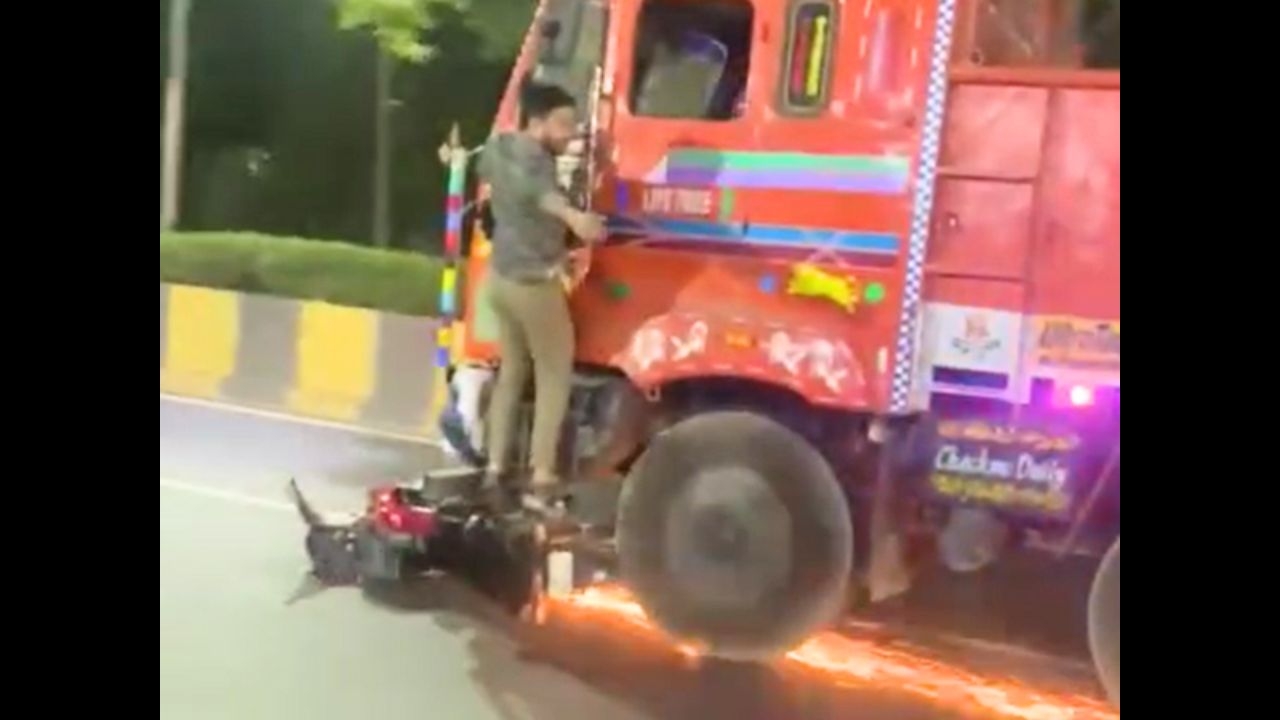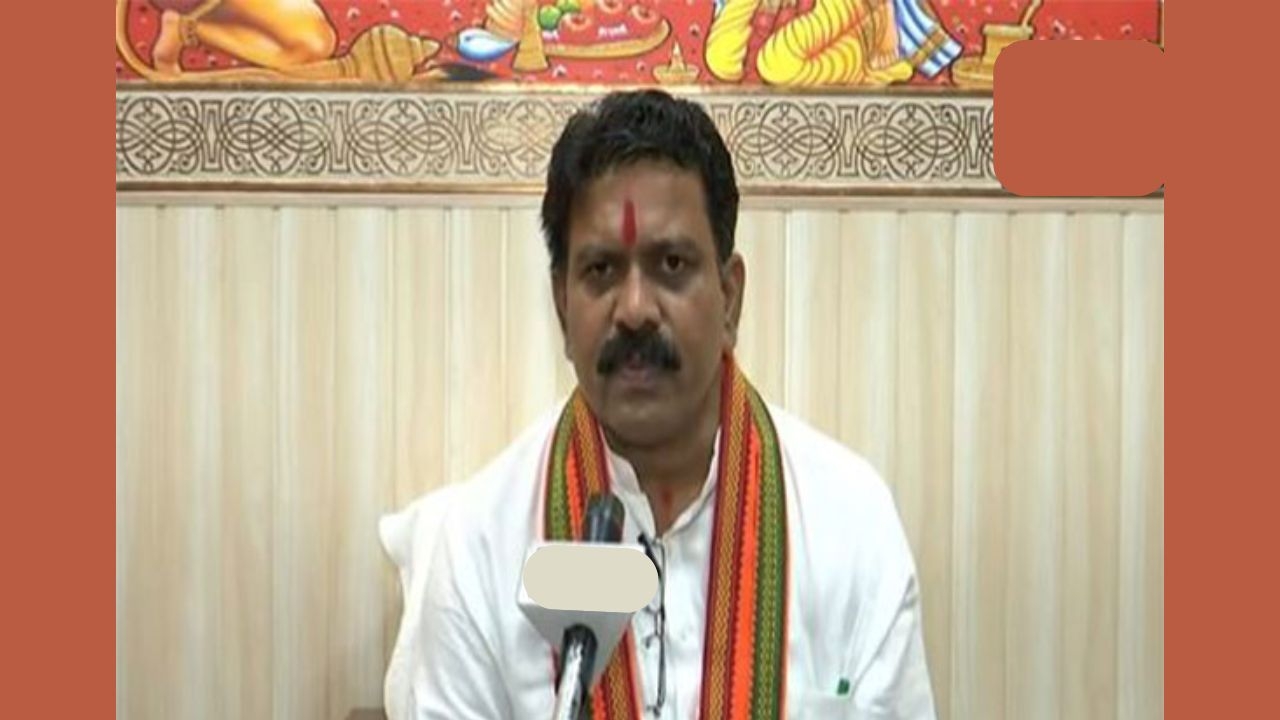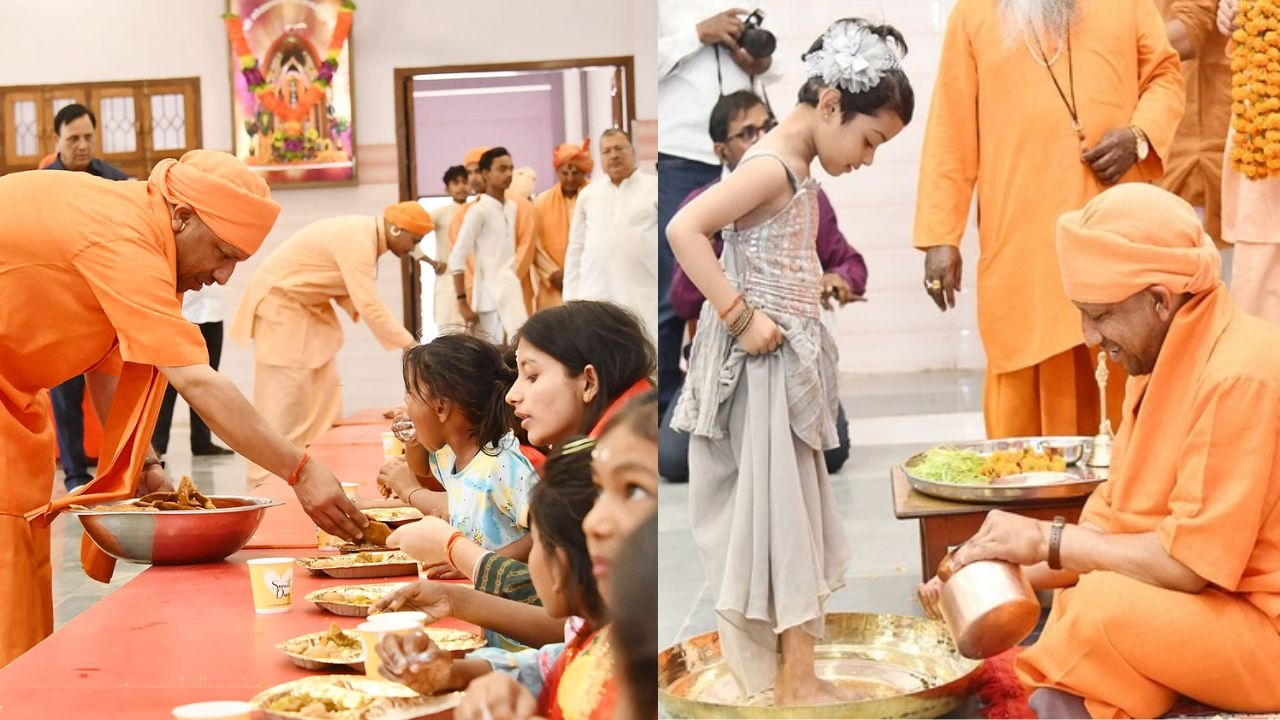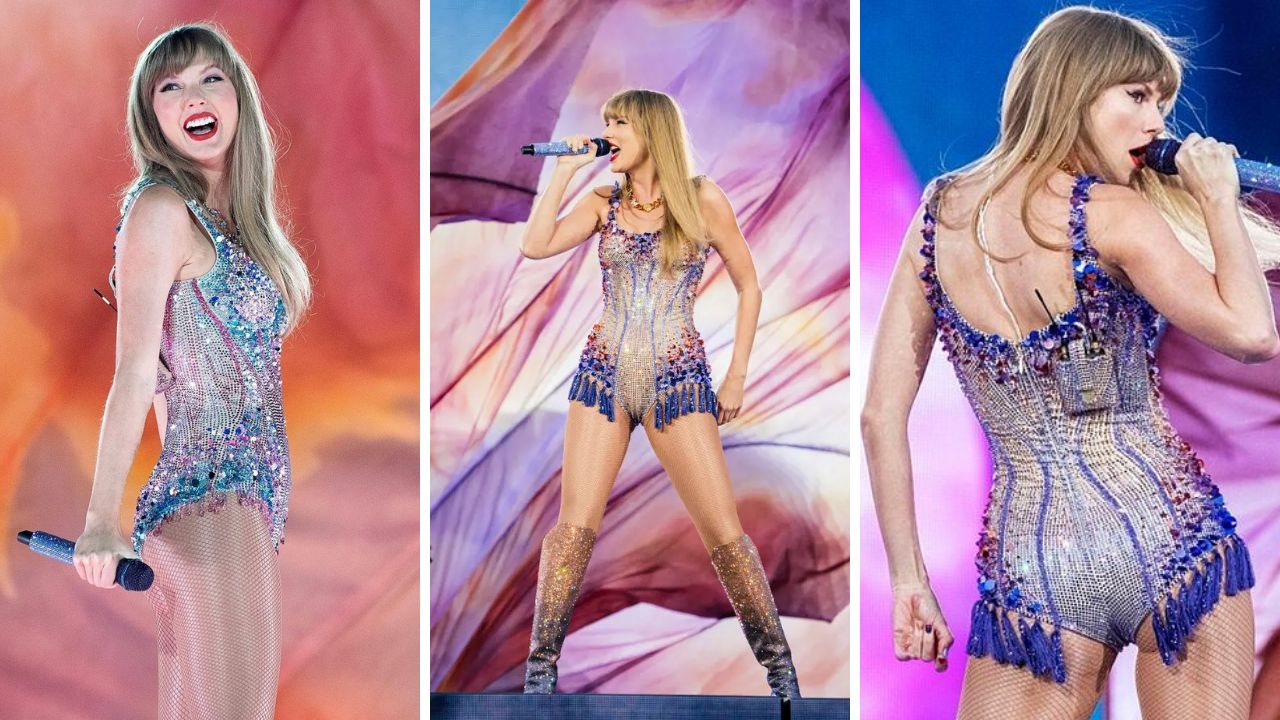In drought-ravaged Bundelkhand, voters have few demands – water, work
_52630_730x419-m.jpg)
Which way is the “hawa” blowing in Uttar Pradesh this assembly election?
“Teeno party ladai me hain (All three parties are locked in an even contest).”
“Sab party ek si hi hain, koi bhi jeetey kya farq parta hai (All parties are the same. How does it matter which one wins)?”
These are some of the stock responses of voters in Karvi and Manikpur, the two constituencies set in the arid landscape of Bundelkhand. Others are more guarded about their choices. “Jise aap kahenge use hi vote de denge (We will vote for whoever you suggest).”
As the phased election has moved across the breath of Uttar Pradesh, from the lush green Doaba to this drought-prone and poverty-stricken region, the conversations, too, have changed from the communally-charged polarised “Yahan to Hindu-Muslim election hi hota hai” in western UP to “Jo hamari madad karega, hume paani dega, use vote denge (whoever promises to help us, provide us water, will get our vote).”
Also Read: Demonetisation after drought: Bundelkhand's cup of woes runs over
Others are more forthright. “Things were better during Mayawati's tenure,” says Nirasha, a Kol tribal in Morketa village, set in a jungle that is inhabited by dacoits like Babli Kol, who often issue firmans on how the villagers must vote.
“Mohar lagao haathi pe, varna goli khao chhati pe”, went one such firman issued during a previous election, according to another villager, “Vote the BSP or be killed”. To dispel the impression that the dacoits always bat for one party, the villager points out that it was during Maywati's rule that the dreaded dacoit Dudwa was killed.
Nirasha points to the RCC road, the solar panels on lamp posts and the wells, which have gone dry. “All this was done during Mayawati's tenure,” she says, washing clothes at a hand pump. “There is an acute scarcity of water,” she continues. “There are several handpumps in the village but this is the only one which still works. Rest of them have gone dry.”
“Jo pet ko rashan dega usi ko vote milega,” Nirasha says, narrating how she suffered the last two years. She sowed paddy on eight bighas of land that her joint family owns. “We didn't get even one grain to eat,” she adds. Whatever little grew in the drought year was consumed by cattle.
“All drought relief from the government went to the father-in-law in whose name the land is registered,” Nirasha explains, adding how she had to work in the forest, digging ditches under the MGNREGA. “Even that money comes very late. And sometime the contractor takes a cut.”
_1_52630.jpg)
Morketa falls in Manikpur constituency, which chose a BSP candidate in the last two assembly elections, Daddu Prasad in 2007 and Chandrabhan Patel in 2012. Both served as ministers under Mayawati. Chandrabhan has been again fielded by the BSP. Daddu Prasad is in the fray as well, contesting on the ticket of his own Bahujan Mukti Party, which he had founded after being denied the ticket the last time. Sampat Pal, she of the Gulabi Gang fame, is the SP-Congress nominee, while the BJP has fielded former BSP leader RK Singh Patel.
“Daddu Prasad did a lot of work,” claims Rajpal, a villager. “Nothing happened under the last government, except the packets of ration we got during the drought,” he says. He, too, works under the MGNREGA, digging 10x2 feet ditches in the forest, each of which earns him Rs 30. “I dig four to five everyday,” Rajpal says, adding that he is one of the few people who are staying put while others have left in search of work elsewhere.
Both Nirasha and Rajpal say they voted the BJP in the Lok Sabha election in 2014. “Still, nothing changed in our lives,” Rajpal says. “I didn't get even the daily wages during the time of note bandi.”
“Note bandi karke Modiji ne gareebon ki hatya kar di (Modi murdered the poor with demonetisation),” says Shivnarayan Kol in Kekramar village. “It happened right at the time of sowing,” he explains. “We are tired of asking the BSP leaders to solve the water crisis. It is time we elect an SP MLA, for if the party comes to power again, he will at least be able to help us.”
Still, despite demonetisation, the BJP seems to have found a foothold in this region. “Mayawati only helps the Harijans, the SP government only helped the Yadavs. This time let's test Modi also,” says Pandhra Kol, walking to his village Garhwa, a couple of kilometres from Morketa.” “Sampat Pal is good. A lot of women support her. But she is contesting from a wrong party -- the SP,” Kol says.
“Even if a scarecrow gets a ticket from the BJP, he will get votes because of Modi,” adds Durga Prasad Pal, explaining that while the Pal community may vote for Sampat Pal, a lot of other OBCs are rooting for the BJP.
Also Read: Mapping the battlefield: 10 hotspots likely to shape the Uttar Pradesh election
“When everybody seems to be happy with Modi, why should we be upset?” asks Raju Bansal, a Balmiki in Amarpur village, weaving bamboo baskets with his two sons. “This is the only sources of income for us. We manage to make five-six of these in a day and get Rs 200.”
“Note bandi was a good thing. It did not have any effect on us, the poor,” says Raju's son Kishan Bansal. “And now that Modi has targeted the rich, he'll give us some direct help, some money.”
_52630.jpg)
Shanti Kol, from the same village, meanwhile, is disillusioned. “We have to depend on the Banias and the Thakurs for water. It is easy when the fields are irrigated for they do not ask for money. In other seasons, they demand money for even water,” she says. “No party has been able to change our plight.”
Apart from the SCs and the STs, this rural constituency also has a sizeable population of the Patels and the Brahmins, the two dominant caste groups. While the Patels seem to be divided between the BJP and the BSP, a section of Brahmins is firmly behind the BJP. “We have to ensure the BJP comes to power this time,” says Suresh Trivedi in Manikpur town. However, the RLD, which doesn't have a base in the region, too has fielded a Brahmin candidate, disturbing the BJP calculations.
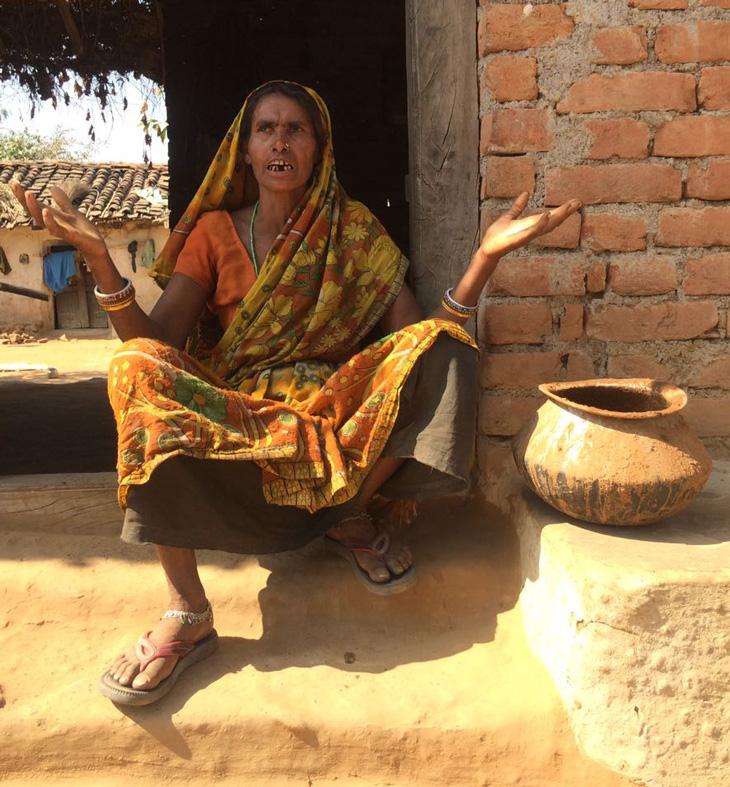
The hopes of Pal, the alliance candidate, rest with disillusioned women like Shanti Kol and Nirasha, who have to toil for even basic needs like water, as well as division of other votes. “She got 23,000 votes on the Congress ticket the last time. This time she will get some SP votes too,” a local SP leader explained.
In the neighbouring Karvi constituency, meanwhile, it is a more direct contest between the SP and the BJP. Both have repeated their candidates from the last time. Veer Singh Patel is the son of the dacoit Dadua who was killed in 2007, while Chandrika Prasad Upadhaya is a former bureaucrat who served as the Chief Development Officer in the city.
Upadhaya lost to Patel in the last election. But this time, the BJP supporters are banking on anti-incumbency. “It would be nice if he does not win again,” says Munna Khan, who has a shop in Mangal Bazarin Chitrakoot. “He did not even show his face once in the last five years. If the Brahmins, who are here in large numbers because this is a temple town, support BSP's Brahmin candidate Gautam, the party will win,” he says.
However, that looks unlikely. “This seat will go to the BJP this time,” says Swami Dharmacharya in Khoi village, which overlooks the Kamadgiri hill, considered to be holy. “Not just the sant samaj, but all other caste groups – the Lodhs, Patels, Nishads seem to be supporting the BJP candidate,” he says. “We will not even offer water to Gautam because he is contesting on the BSP ticket.”
“It is good if the same party's government is in the state and at the Centre,” Munna Awasthi interjects. “Look at Madhya Pradesh, just a stone's throw from here. Look how much more development the Shivraj Singh Chouhan government has done there.”
“Modi has promised a loan waiver. More than 80 per cent of the people in this region have unpaid loans from the banks. All of them are seeing hope in Modi,” says another villager Dharmacharya, adding that he owes Rs 2 lakh to the bank.
Not everyone is unhappy with the SP, though. “Akhilesh has done so much for the poor – the ambulance service, free laptops, Kanya Vidya Dhan,” says Sanjay Singh Patel, who runs a grocery shop in Chitra Gokulpur village. “At least half of the Patels here will vote for the SP.”
Local SP leaders accept that it's going to be a tough contest for Veer Singh Patel this time. But they are confident that support of the Patels would see him through. “After all, all they want is power. That's why they are tactically supporting RK Patel in Manikpur because they know if BJP comes to power he will be a minister. In Karvi, they will come out in our support in the end for the same reason -- if the SP wins, Veer Singh will be a cabinet minister,” says a local leader. “And with help of other communities, like Muslims and Yadavs, Veer Singh will manage.”
Also Read: BJP's formula to win UP: play communal ball with SP
First published: 21 February 2017, 21:08 IST
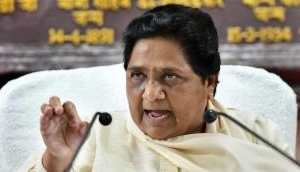
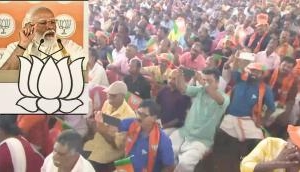
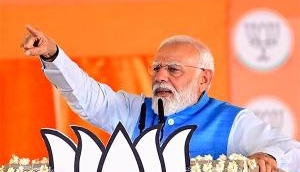
_251267_300x172.jpg)
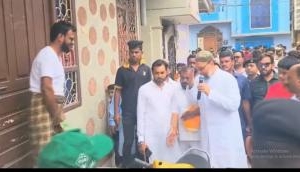
![BJP's Kapil Mishra recreates Shankar Mahadevan’s ‘Breathless’ song to highlight Delhi pollution [WATCH] BJP's Kapil Mishra recreates Shankar Mahadevan’s ‘Breathless’ song to highlight Delhi pollution [WATCH]](http://images.catchnews.com/upload/2022/11/03/kapil-mishra_240884_300x172.png)

![Anupam Kher shares pictures of his toned body on 67th birthday [MUST SEE] Anupam Kher shares pictures of his toned body on 67th birthday [MUST SEE]](http://images.catchnews.com/upload/2022/03/07/Anupam_kher_231145_300x172.jpg)


